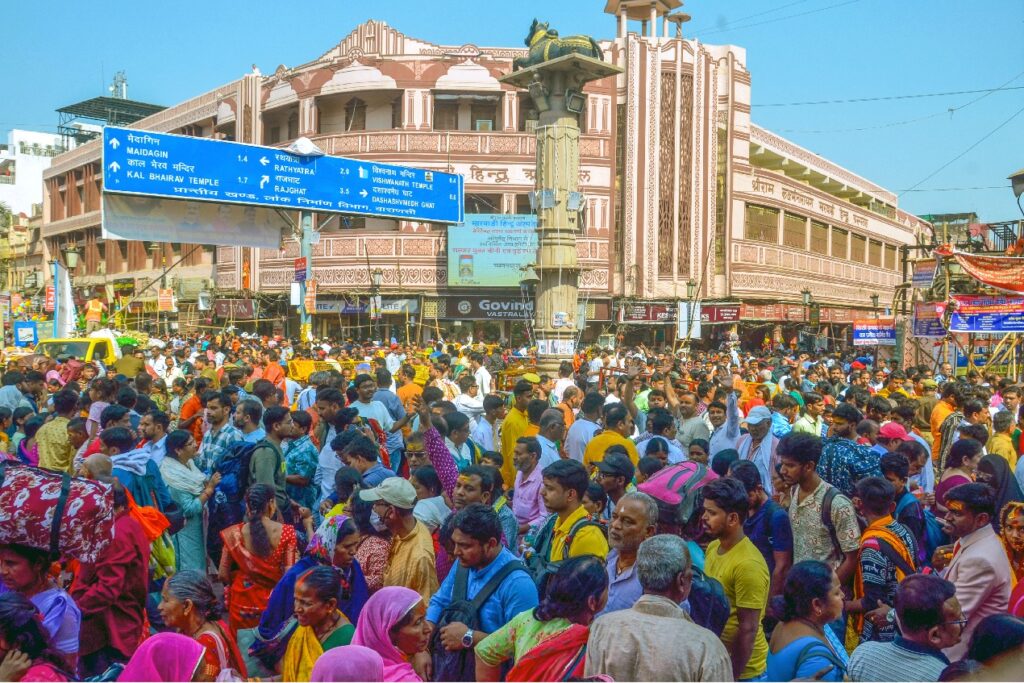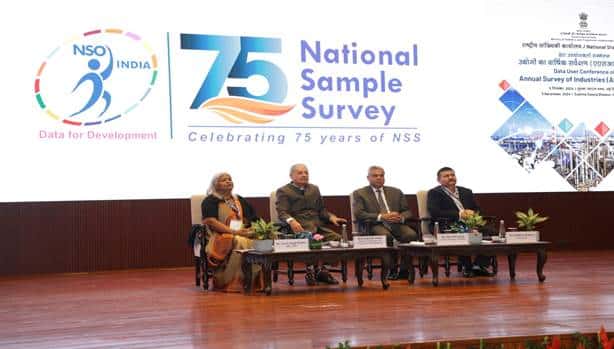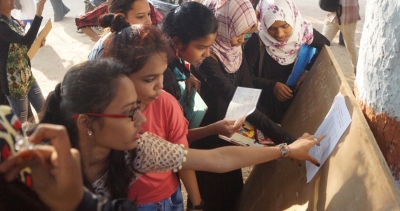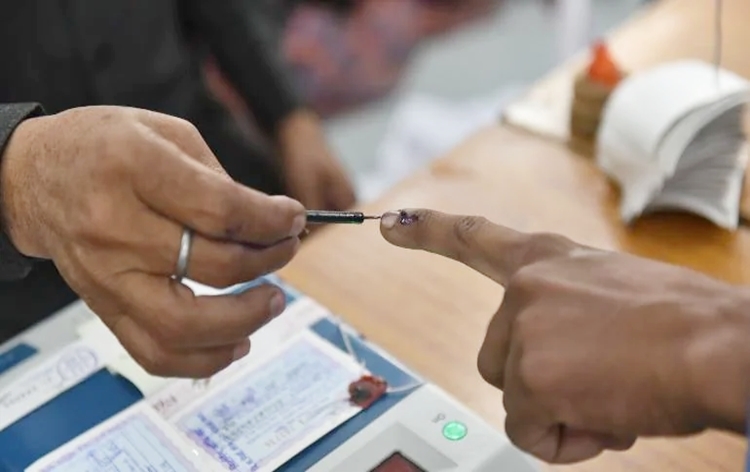Government actively considering raising deposit insurance limit beyond Rs 5 lakh
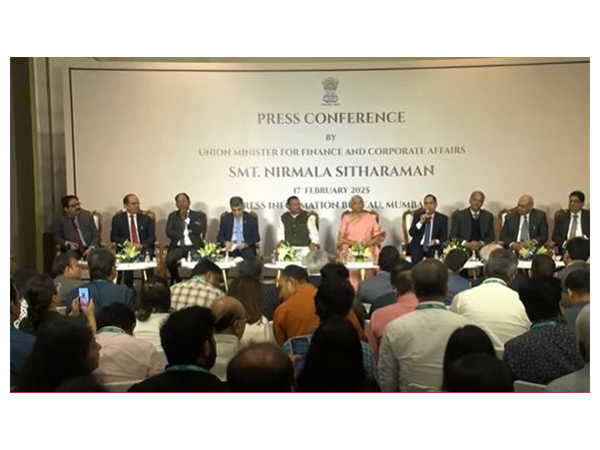
The Union Government is actively considering a proposal to raise the deposit insurance limit beyond ₹5 lakh, confirmed M Nagaraju, Secretary, Department of Financial Services (DFS), during a press conference in Mumbai on Monday.
“As and when the government approves, we will notify it. This is under the consideration of the government,” Nagaraju stated when questioned about the ongoing crisis at New India Cooperative Bank. He emphasized that the increase in deposit insurance coverage remains under active review.
India introduced deposit insurance in 1962, becoming the second country globally after the United States to implement such a scheme. The measure was a response to banking crises worldwide, highlighting the need for robust depositor protection. The Deposit Insurance and Credit Guarantee Corporation (DICGC) currently insures deposits up to ₹5 lakh, a limit that was last raised from ₹1 lakh on February 4, 2020.
Regarding the troubled Mumbai-based New India Cooperative Bank, Nagaraju declined to comment on its status, stating, “The RBI is seized of the matter… we are not going to comment on that.” He advised depositors to contact the bank or visit the DICGC website for updates on their deposit insurance claims.
The crisis at New India Cooperative Bank escalated on February 14, when the Reserve Bank of India (RBI) superseded the bank’s Board of Directors for 12 months, citing “material concerns due to poor governance standards.” This action followed the central bank’s decision on February 13 to impose severe restrictions on the lender’s operations. The RBI barred the bank from granting loans, accepting new deposits, or making payments without its prior approval. Withdrawals from savings or current accounts were also frozen, with limited exceptions for loan settlements.
The restrictions triggered panic among customers, leading to large crowds outside the bank’s branches in Mumbai, Thane, Surat, and Pune. Depositors voiced fears about their savings and locker access. Bank officials assured customers that access to lockers would be maintained.
New India Cooperative Bank, established with multi-state status in 1999, operates 30 branches across Maharashtra and Gujarat. It achieved scheduled bank status on November 1, 1990. The current crisis marks a significant setback in the bank’s four-decade history.



